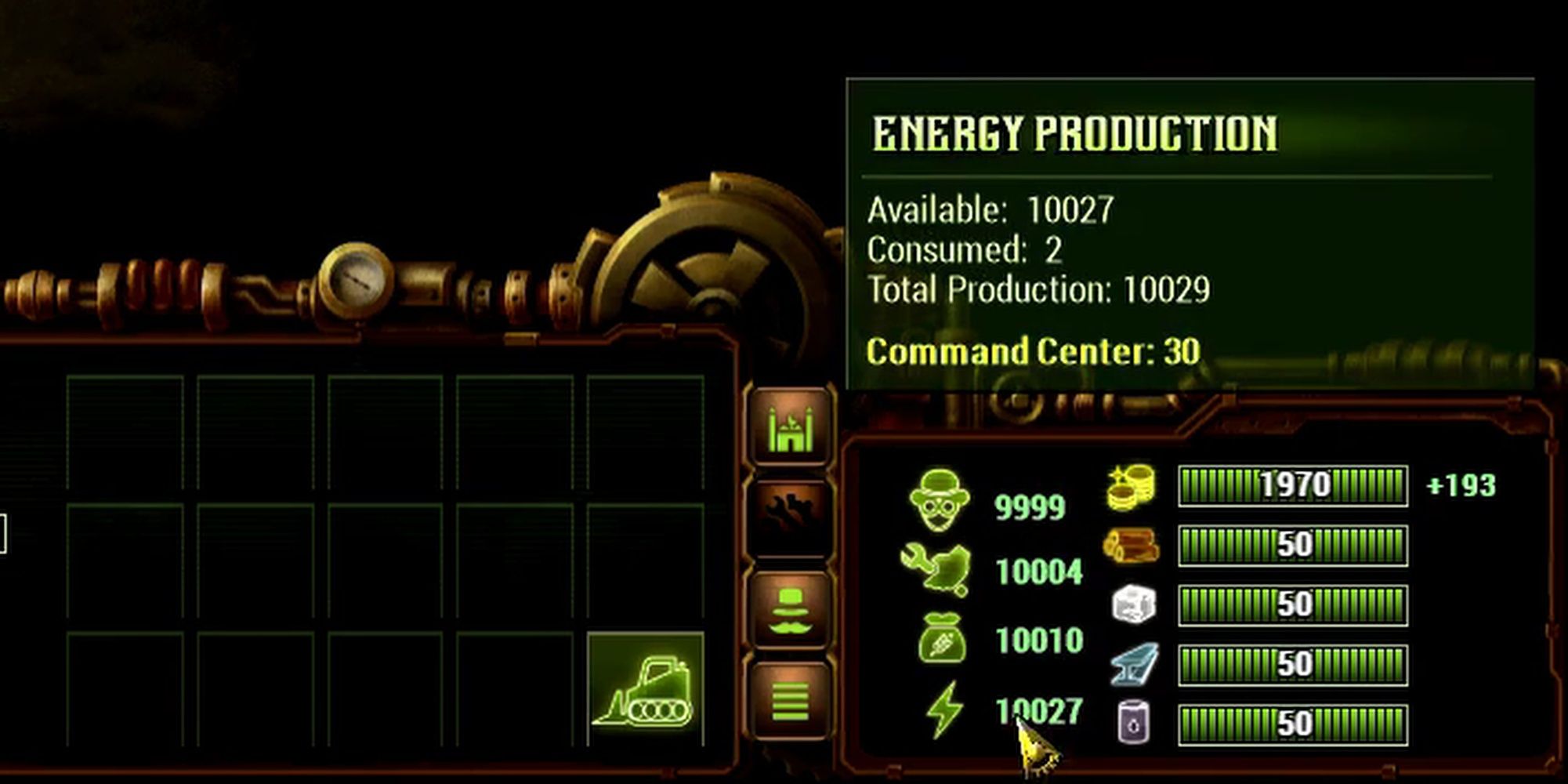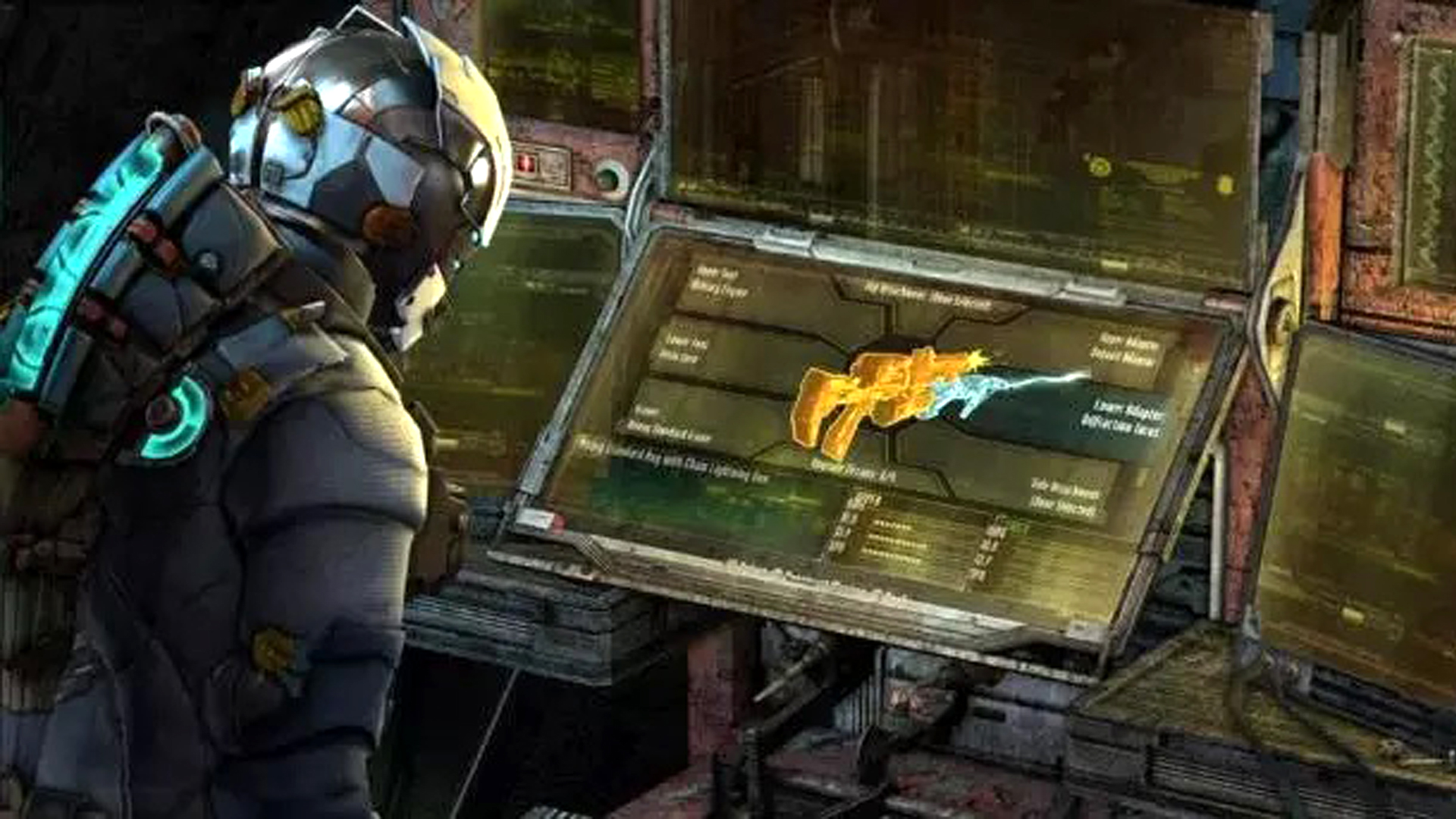We’re at an interesting crossroads with storage devices right now. While read and write speeds continue to accelerate thanks to the wide accessibility of SSDs and, in particular, NVMe drives, the storage capacity needs of players increase in kind. SSDs have plenty of obvious benefits. They’re much faster, easier to fit in, and a lot more reliable. The migration from HDD to SSD started nearly a decade ago, and today, most serious PC gamers are likely using partial SSD setups, if they haven’t switched to solid state entirely.
Of course, there’s one major advantage that HDDs still have, and that’s affordable space. In the same time span that it took SSDs to catch on, game file sizes have absolutely exploded. The average size of a triple-A game has increased 25GB to 50GB in just the last three years. Call of Duty: Modern Warfare has more than doubled in size from the previous COD, now at 175GB. As development moves over to Unreal Engine 5 to take advantage of new technology, file sizes are only going to increase. This puts players in a terrible position. When it comes to storage, do you choose quality (speed) or quantity (size)? As far as I’m concerned, Seagate’s FireCuda Gaming Hub answers that question with a resounding “both.” The 8TB or 16TB superspeed external HDD really does offer the best of both for a price that SSDs aren’t going to beat anytime soon. It makes some compromises, but the additional features it offers makes this gaming hub the complete package for PC players who need as much storage as possible.
Related: Vertagear Racing Series PL4500 Review: Comfortable Seating With Quirky Extras
I usually don’t talk about price in reviews, but in this case it’s an important factor for comparing your options. The FireCuda Gaming Hub comes in two sizes: 8TB for $219.99 or 16TB for $399.99. An 8TB external SSD is typically somewhere around $1000, while a 16TB SSD is closer to $2000. It's such an outrageously wide margin that I have to assume it’s just not a matter of paying for quality for 99% of PC players. SSDs have gotten a lot more affordable over the last five years, but it’s going to be a long time before SSDs can accommodate the average Steam library. I just don’t really see SSDs as a realistic option when we’re talking about this much storage.
Luckily, the FireCuda Gaming Hub is no slouch when it comes to speed. A simple benchmark I ran using Crystal DiskMark 8 revealed average read speeds of around 190MB/s and write speeds just over 170MB/s. These are nearing the bottom end of SSD speeds, which I found pretty impressive for an external drive. I would still recommend keeping online games and games with long load times on an internal SSD, but for the vast majority of the games, that’s going to be plenty fast.
Whatever fractions of a second you might lose on load screens is more than made up by the exceptionally high capacity of these drives. I can’t overstate how much freedom 8TB gives you. A lot of people will say they don’t mind managing storage space when necessary, but if you didn’t have to uninstall games when you’ve finished them I guarantee your relationship with your library would change. The Gaming Hub has made me realize that there’s a lot more games I would play if they were installed.
8TB is massive. You could install Modern Warfare almost 45 times on this drive. It’s enough space for 160 triple-A games, on average. I no longer have to pick and choose which games I keep installed on PC, or turn down the offer to play something with friends because I don’t have it installed. I’ve gone through my Steam, Epic, and Game Pass accounts and downloaded every single game I’d even considered playing, and I still haven’t even filled this drive halfway. It’s great storage for video exports and photoshop projects as well.
Of course, the FireCuda isn’t simply an external drive, it’s a Gaming Hub, and it’s got some great features. The small black box sits on a desk unobtrusively and projects a narrow band of customizable RGB light. The front of the hub has a USB-C and USB-A which I currently have a controller and phone charger plugged into. I love that you don’t lose a USB slot with the hub, and in fact, you gain one.
I’ve spent years trying to manage all of my games on a 500GB SSD, but the seconds I saved on load screens can’t even hold a candle to the convenience of a massive drive like the FireCuda Gaming Hub. I’m grateful for the freedom it provides to keep all of my games installed and updated, and I love the way it looks on my desk. I suspect it will be many years before a similar SSD option becomes affordable, so I plan on keeping the Gaming Hub firmly connected to the Steam library for the foreseeable future.
An 8TB FireCuda Gaming Hub was provided to TheGamer for this review. You can learn more about the Gaming Hub on Seagate’s website.
Next: Impressions After A Month Of Using Only Roccat Accessories




